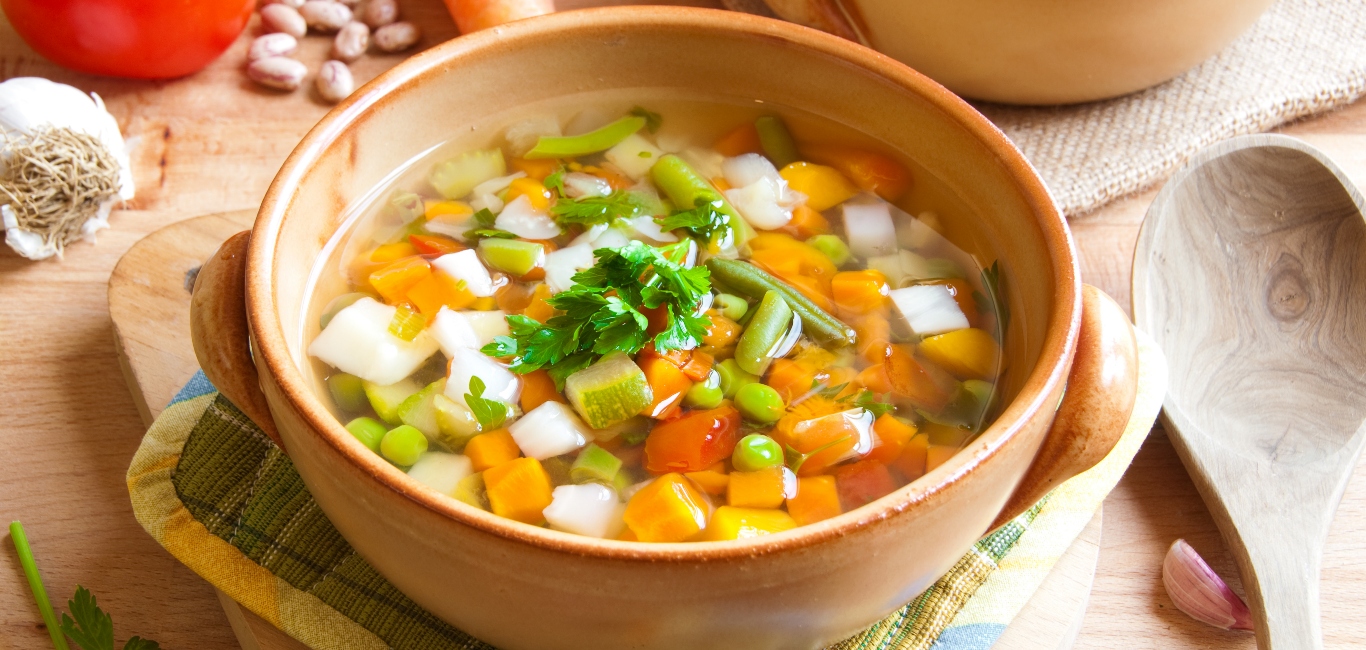
The human body needs food to fuel day-to-day activities. A balanced diet is necessary for both physical and mental health. What we eat determines how our body can carry out mundane bodily processes. That being said, people suffering from sleep problems or related disorders must avoid or cut down on certain food. The harm isn’t in the food; some of these items are essentially healthy in a balanced diet. However, for people with sleep apnea, some food can make their condition worse.
The dos and don’ts
Let’s begin with the basics – what should be the ideal food habits? While there might be slight individual differences to cater to the body’s needs efficiently, experts agree that there are some food/eating patterns that one should stick to.
ALSO READ
Apnea can do more than just disrupt a good night’s sleep
Making sense of obstructive sleep apnea
Here’s how your caffeine kick could trigger sleep apnea
How yoga and meditation can help manage sleep apnea
“It is okay when we eat food for hunger, satisfaction and actual needs. However, it is not okay to eat for any reason other than meeting your body’s nutrition and energy needs,” said Edwina Raj, senior clinical dietician, Aster CMI Hospital, Bengaluru.
Pavithra, chief dietitian, Manipal Hospital, Yeshwanthpur, Bengaluru, recommends incorporating the following food habits:
- Eating timely meals (three major meals and two snacks)
- Eating nutritious food filled with many fruits, vegetables, cereals and pulses
- Incorporating good sources of proteins, vitamins and minerals
“Following such food habits will ensure your body adequately receives nutrition,” she says. She points out that there are a few habits one should stay away from. They are:
- Not eating food at the right time
- Eating junk food excessively
- Overeating fatty and fried food
- Eating to cope with psychological feelings
Does it matter what and how you eat?
Many studies have linked dietary patterns to sleep quality. People’s sleep can be affected by what they eat, how much they eat and when they eat. “A person should eat at least two to three hours before bedtime and consume food that digests faster,” says Pavithra. Also, certain food can cause acid reflux and heartburn, which can lead to sleep apnea.
The 2016 article titled, Effects of Diet on Sleep Quality, published in the journal, Advances in Nutrition, concludes that there is enough evidence to suggest that dietary patterns that favour high carbohydrate intakes are associated with reduced sleep-onset latency (SOL) and slow wave sleep (SWS) and increased REM. In contrast, high-fat intakes promote lower sleep efficiency and rapid eye movement (REM) sleep and higher SWS and arousals.
Intake of food influences the quality of sleep. “Getting adequate sleep is important for our overall health and wellness. It helps keep our brain healthy and boosts our immune system. Also, getting enough sleep is vital as it helps reduce the risk of developing certain chronic illnesses. In the diet plan, one can include nuts, fruits and milk which are sources of magnesium, antioxidants and tryptophan, which aids in calming the mind. It induces sleep by releasing serotonin and melatonin in your body,” says Edwina Raj.
If a person has sleep apnea, experts recommend staying away from the following food:
Bananas
This fruit might come as a shock to some people as bananas are a great source of potassium and fibre. Nutritionists and doctors highly recommend them, but in the case of people suffering from sleep apnea, it is a big no-no. It increases mucous production in the mouth and throat, which can exaggerate breathing problems connected with sleep apnea.
Fatty meats
“Eating food high in sugar, saturated fat and processed carbohydrates can disrupt your sleep,” says Pavithra.
Fatty meats contain high amounts of saturated fat which could cause inflammation throughout the body. Inflammation can lead to cardiovascular issues, a risk factor for obstructive sleep apnea or OSA.
Caffeine
Caffeine, in general, is used in energy drinks and products to boost one’s energy. “Caffeine makes us feel more alert by increasing adrenaline,” says Pavithra. Too much caffeine has shown to worsen the symptoms of sleep apnea.
High-fat dairy products
These foods take time for digestion and they may result in cramping and bloating when consumed in larger quantities. Cutting such foods can help one get better sleep.
Refined carbohydrates
The amount of sugar in refined carbohydrates could make people put on weight and increase the symptoms of sleep apnea. A study done by Columbia University Vagelos College found that postmenopausal women who consumed a diet high in refined carbohydrates (particularly added sugars) were more likely to develop insomnia.

















